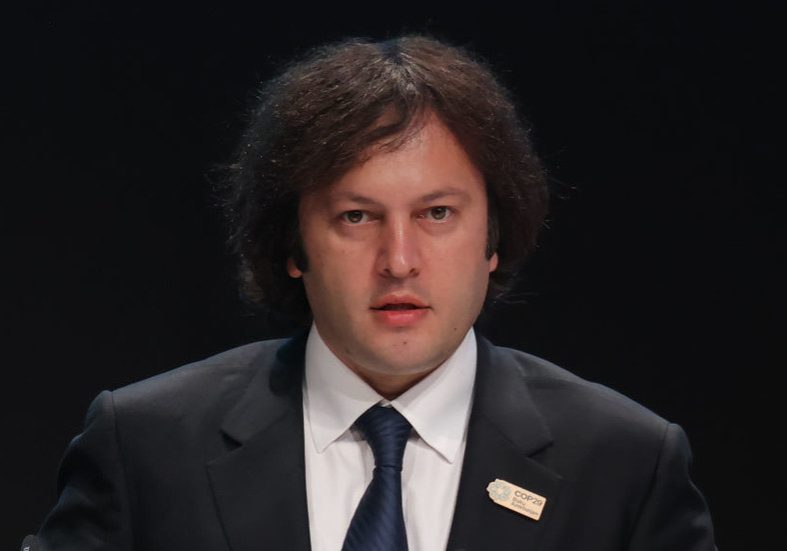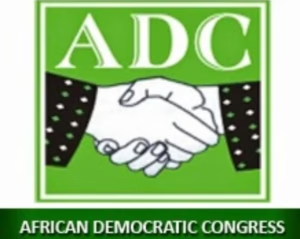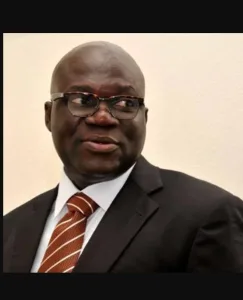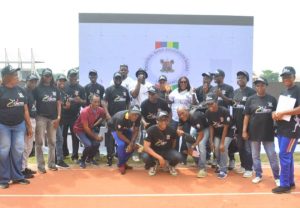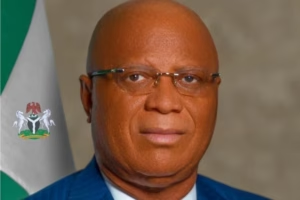"Stigmatization of Civil Society: A Growing Threat to Democracy and Human Rights"
Bogota, Colombia – The world is facing a growing threat to democracy and human rights as information manipulation and misinformation spread like wildfire, fueled by social media. The stigmatization of civil society and civic activism is a major concern, as it creates an environment of fear, hostility, and polarization, leading to the erosion of trust between authorities and the public.
According to the UN Special Rapporteur on the rights to freedom of peaceful assembly and of association, Gina Romero, the problem is not new, but it has taken on a new dimension with the massive use of social media. "Hostile and stigmatizing narratives against civil society and civic activism, whether intentional or not, especially when propagated by authorities, create undue restrictions and hinder the exercise of the rights to freedom of peaceful assembly and of association globally, and is contributing to the growing authoritarianism and the closing of civic space," she warned.
Romero highlighted that different types of unjustified narratives are being used globally to target and silence civil society activists and protests, including accusations of threat to State security and terrorism, labels related to treason to the nation and the national influence, and "anti-development" rhetoric used to target land right defenders and climate justice activism.
The consequences of these narratives are severe. Activists subjected to stigmatization, and their families, face intimidation, physical attacks, and online harassment. "Branding civil society, movements, and activists as ‘terrorists’ or ‘traitors’ has a serious impact on their lives, well-being, and economic situation; it silences them and leads to the defunding of associations and their illegal dissolution," Romero emphasized.
The stigmatization of civil society and assemblies has a broad chilling impact, leading to further restrictions on the ability of people to participate fully in society, exacerbating inequalities, fostering environments of fear and hostility, and eroding trust between authorities and the public. This hostile atmosphere provides fertile ground for the emergence of anti-rights movements and rhetoric, and erodes democracy.
Romero stressed that stigmatization is disseminated by a broad set of actors, including political actors, state officials, and non-state actors, often supported with disinformation and smear campaigns, as well as populist rhetoric by authorities and public figures. "Fearing and persecuting dissent drives societies away from the rule of law, democracy, and human rights, and claims hundreds of lives every year," she warned.
To combat this growing threat, Romero recommended that States ensure official rhetoric respects and supports fundamental freedoms, avoiding the use of narratives and political discourse that discourage, vilify, and criminalize civil society and the exercise of the right to protest. States must also condemn and address harmful rhetoric, and promote alternative narratives as well as an environment of public dialogue and inclusion in decision-making.
In conclusion, the stigmatization of civil society is a pressing issue that requires immediate attention and action. It is essential to promote a culture of respect for human rights, democracy, and the rule of law, and to counter harmful narratives with alternative, inclusive, and respectful dialogue.


